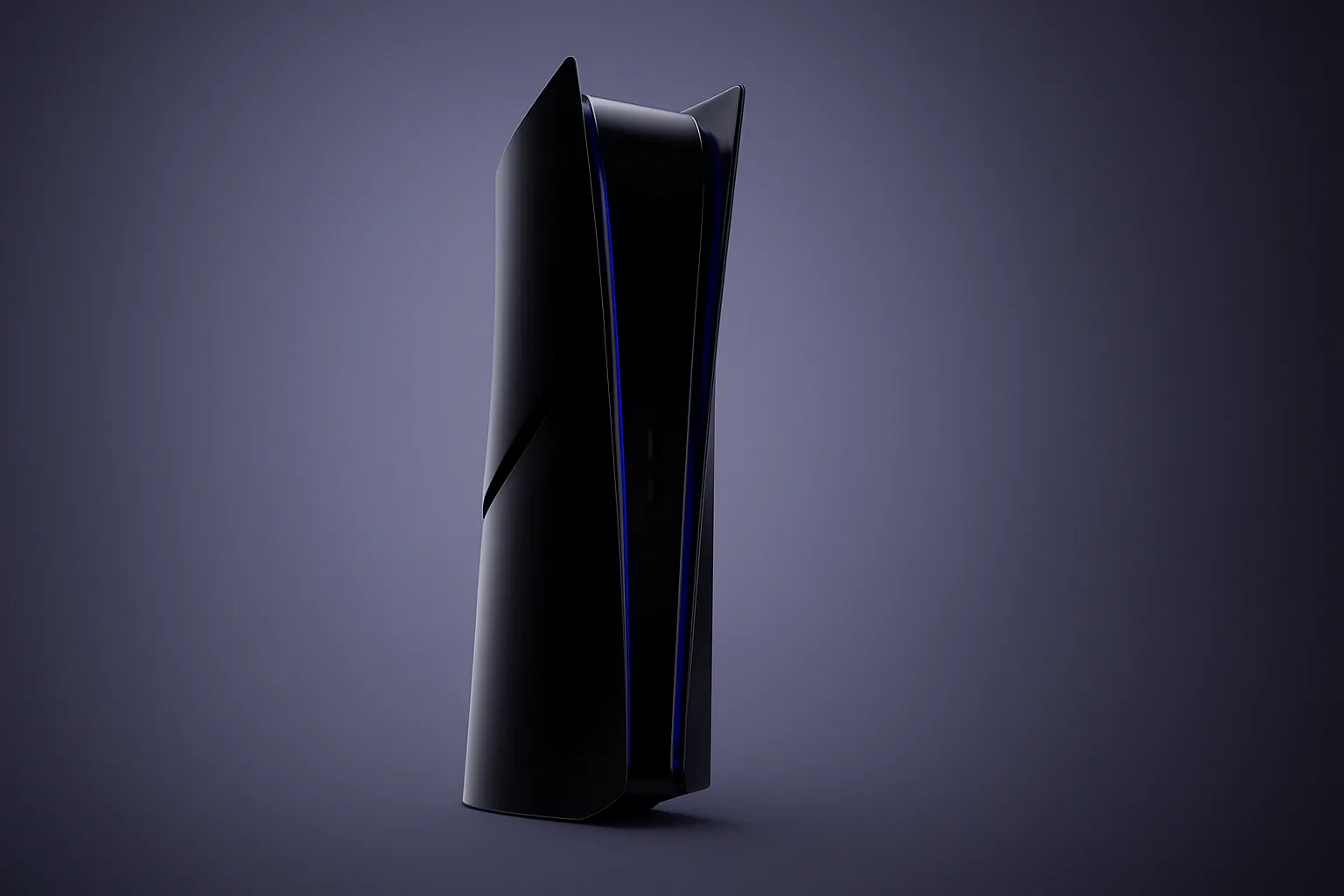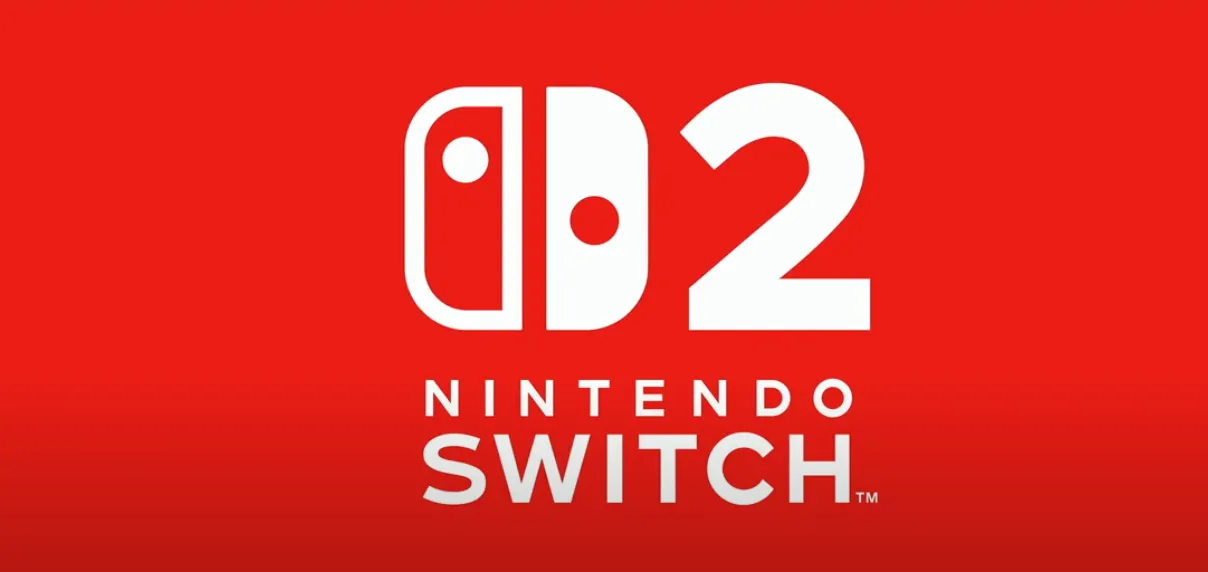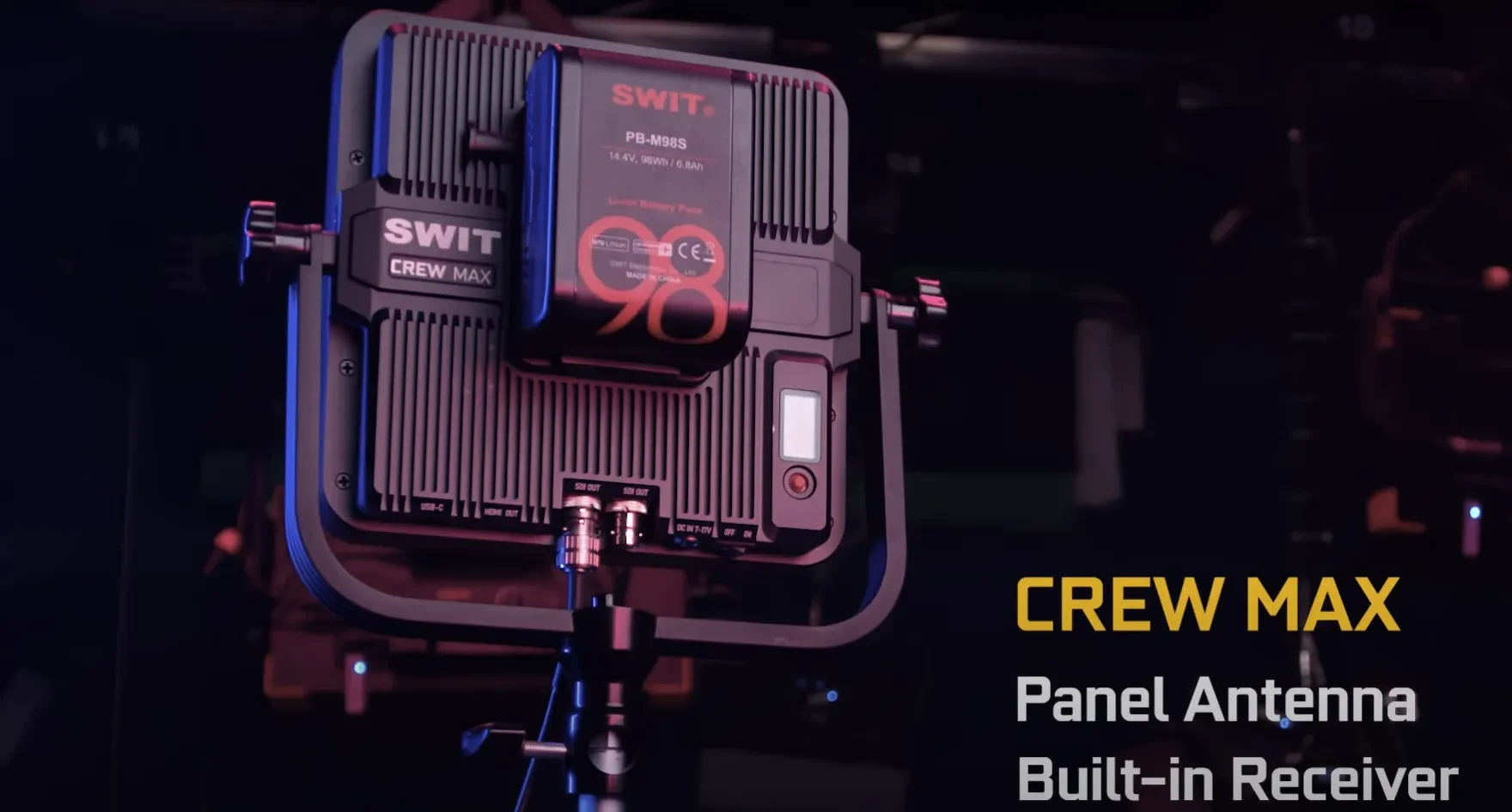Meta’s billion‑dollar AI job offer pulled headlines last weekend—and then gravity kicked in. I watched this saga unfold from inside the AI valley trenches: Meta’s Superintelligence Lab extended eye‑popping packages. Rumored to exceed $1 billion in total compensation. But here’s the punch line: not a single senior researcher at Thinking Machines Lab—including founder Mira Murati—took the deal. So let’s pull the curtain back on the Meta AI billion dollar job offer, and what it really says about power, culture, and the future of AI.
Why did Mira Murati turn down Zuckerberg’s $1 billion offer?
This is the juiciest question people are typing. No one really knows Murati’s inner dialogue. But here’s what I pieced together from reliable sources and off‑the‑record conversations with a couple of TML founders. Meta dangled a staggering deal—up to $1 billion paid over multi‑year vesting. From $200 million on the low end, to a rumored high of $1.5 billion for key hires like Andrew Tulloch—ex‑Meta engineers, allegedly turning down the package with aplomb (source: WSJ, Wired).
To paraphrase: they felt the whole thing was melodramatic. “Give your offer. Take your cash. But we are opting out,” is how one did‑not‑literally but colorfully put it in my talk with an industry insider who knew Murati’s leadership style well.
TML has raised nearly $2 billion at a jaw‑dropping valuation (over $12 billion), and has not even publicly released a product. That kind of confidence in your own equity and your co-founder—goes a long way. They’re not joining Meta for ads or reels. They’re building toward something else. Not glory. Not money. Not PR. That, to me, is the core of why the Meta AI billion dollar job offer backfired.
What were Meta superintelligence lab recruiting tactics?
This heading is a mouthful kind of how people type it on search engines. But it captures the vibe: huge money then culture clashes. Meta deployed payroll hammer‑throwers: salary promises, stock grants, sign‑on bonuses. Some internal estimates said offers from $200 million to $500 million over four years; one individual reportedly got the full whammy close to $1 billion (Futurism, Hindustan Times). Meta’s communications director tried to play it down—saying they only approached a few people and no details are accurate but that’s classic damage control.
Then they leaned in—the Zuckerberg meets‑Matt‑Deitke story. Meta raised its initial $125 million offer to $250 million after a direct meeting (headline: AI researcher 250 million salary). You see how the AI researcher 250 million salary phrase becomes SEO gold. It’s also the equivalent of leaping into a free‑agent market like the NBA. Except these are PhDs, not point guards. And the arena is global AI, not Madison Square Garden.
Yet, here’s the irony: billions spent, but most targets just looked sideways and stayed put. That speaks volumes about non‑monetary factors in the AI talent war Meta is waging.
Is a $250 million salary the new norm for AI researchers?
Sometimes it seems that way. But look closer. A small cohort are demanding—and receiving—nine‑figure deals. That AI researcher’s 250 million salary story broke because Matt Deitke actually signed at that level. The rumor mill says some others got $150 million, maybe $200 million, but nothing close to $1 billion (Ars Technica, NY Times reporting).
But this is important—most talented AI people still haven’t seen those numbers. It is very selection bias: you only hear about the ones who negotiate well and have VC‑backed startups or massive credibility. If anything, the fact that so few people accepted Meta’s larger offers shows the field is still tethered to mission and team dynamics, not just a paycheck.
What does the AI talent war Meta mean for the wider industry?
The battle for DeepMind‑grade researchers is now open warfare. Meta, OpenAI, Anthropic—they’re all offering packages that make classic senior director roles look quaint (BI, Guardian). But these mega‑deals ripple outward. Rank‑and‑file AI engineers compare their $250K salaries to news of billion‑dollar packages. That causes angst. It’s becoming untenable, says one engineer at a mid‑sized team. “Either I found a startup or I’m going to a consultancy,” he told me.
High eight‑figure payouts create internal equity problems at companies like Meta or Anthropic—“destroying company culture,” as Anthropic’s CEO recently warned. That said, the war itself changes incentives: more PhDs enter AI, more private labs emerge, universities get more funding—but public interest in alignment and safety is starting to rival venture mania.
Final thoughts: The Meta AI billion dollar job offer and what it presaged
If you had asked me in 2023 whether $1 billion offers were possible—I would’ve laughed. Yet here we are. Still, none of them stick. The lesson: talk isn’t cheap when you’re building a future rather than a career. That Meta AI billion dollar job offer ended up being more symbolic than transactional. A strange flex in a new frontier.
When a $250 million salary is discussed in the same breath as $1 billion packages, what counts isn’t just the money. It’s the talent, but also trust, vision, and—above all—agency.
We’re in an era where top researchers are choosing independence over instant riches. That matters—for the field. And for people who believe in building technology aligned to human values, not ad clicks.
Alright. That’s my take. Now I would love to hear your thoughts especially if you have talked to anyone at TML, or are watching similar talent movements in AI. Drop your opinion in the comments.






Leave a Reply